Non Fungible Tokens or NFTs are unique digital items that are stored on a blockchain, the same network that runs cryptocurrencies. Images, videos, music, online version of any reading material, or anything digital can be converted into an NFT and monetized. It is not digital art but a certificate of authenticity, and most use the blockchain of Ethereum, the second-largest cryptocurrency. Information about NFT’s ownership and history can be easily accessible through the blockchain ledger.
The NFT marketplace works in a simple manner.
- The users have to sign up or register to access the NFT marketplace.
- Then for the verification process the user has to provide the relevant details for completion of the KYC process.
- Then the users’ wallet account has to be connected with the account they have created in the NFT marketplace.
- Once all these processes have been completed, the sellers can create and list their NFTs with the required information. They also need to choose either auction or fixed price options.
- The sellers can set the royalties and tokens to be charged while selling their NFTs.
- Buyers with the help of Search and Filters option can look for the digital assets of their choice and buy them with the buying or bidding option.
- In case of fixed price digital assets, buyers buy directly from sellers and make payment from the transaction modes available.
- In case of auction, the buyers have to join the auction and at the end of the auction the buyer who bids the highest holds the digital assets and makes payments.
The trading of Crypto has no legal backing yet. It is prone to price manipulation due to a lack of regulation. Increased interest in crypto and a surge in the use of the internet has driven NFTs popularity. Many consumers were introduced to NFT as a new medium of investment. According to Sumit Ghosh, CEO, and co-founder of Chingari, the NFT marketplace that was launched by Salman Khan in October, “NFTs also gained popularity when celebrities like Twitter co-founder Jack Dorsey, Paris Hilton and new drugs, old NFTs.
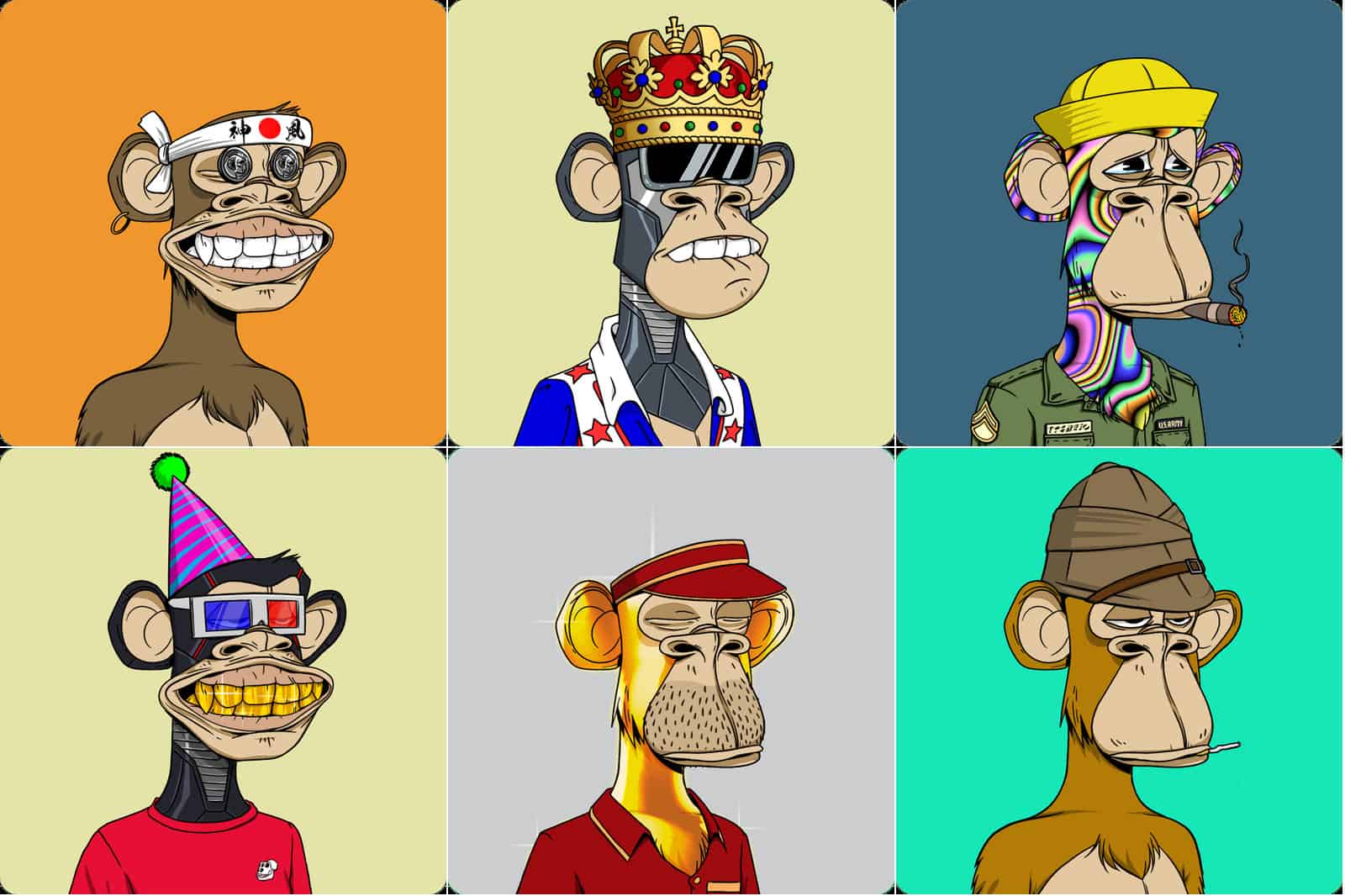
NFT has enabled digital content creators and owners of IP to now monetize their work or assets without a middleman and earn every time the NFT is resold.
The rising interest in digital art during pandemic lockdowns and NFT’s ability to make digital assets scarce and verifiable helped NFTs reach a mainstream audience, those who were not crypto backers.
According to Santosh Yellajosula, member of blockchain and cryptocurrency council, “some have taken to NFTs due to speculation as the value of the token is derived from what buyers are willing to pay for it”. NFTs fractionalize digital content and make it tradeable, making IP liquid.
The blockchain application NFT was made instantly popular when in March 2021 auction house Christie’s sold digital art for the first time for $69 million. The world’s most expensive NFT sold by Christie was a collage of 5,000 pictures by US artist Berole. It can be downloaded and viewed by anyone but only one person owns it and that ownership data is stored as an NFT on a decentralized blockchain network.
NFTs in gaming has started to take off in a massive NS expected to have a huge search in 2022. Famous brands like Dolce & Gabbana and Nike have both designed clothes and footwear with their own NFTs, while metaverse notion champions like Facebook, Microsoft, and Nvidia have opened up plenty of new potential NFT application cases.
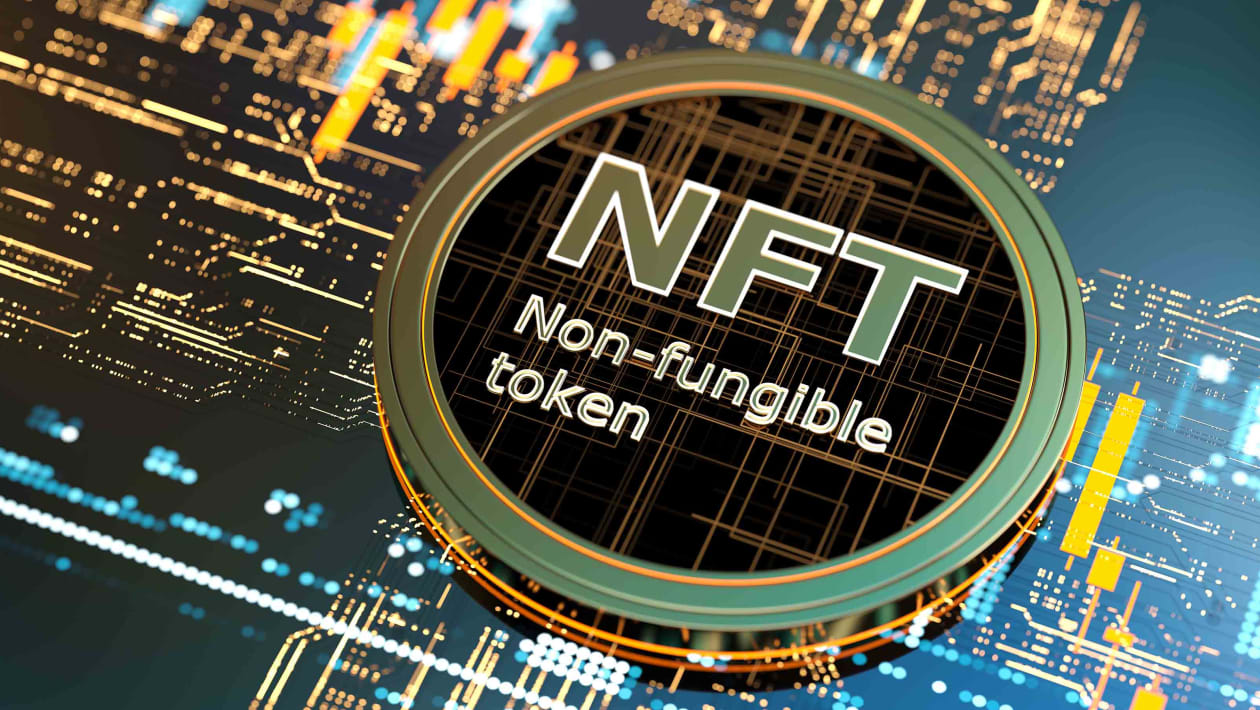
In 2021 investors, institutions, Central banks developers, and most importantly Germans showed strong interest in the digital asset class. Compared to $95 million in 2020, NFT sales reached a dollar 25 billion in 2021, according to Reuters. The volume of the NFT trade rose from $2.67 billion in December 2021 to $6.86 billion in January 2022. With millions of users gaining exposure to NFTs through digital art, sports, and gaming, NFTs have been the major use case of crypto. 2021 will be remembered as a year when cryptocurrency fully took off earning widespread acceptance as the world gears up for Web 3.0.
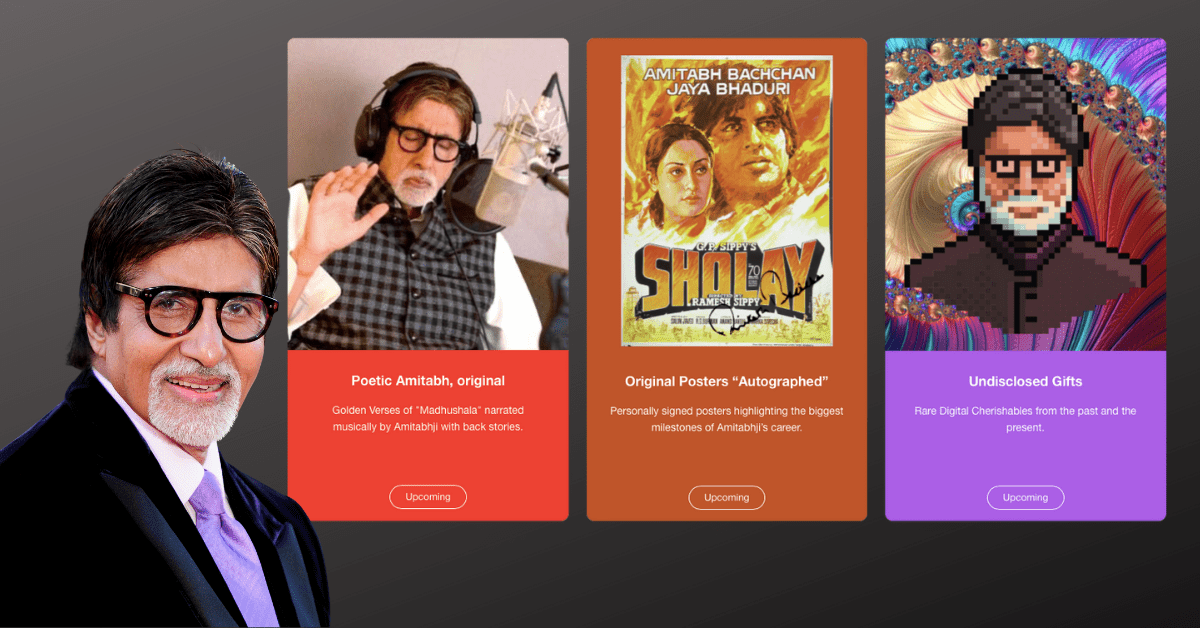
Brands like Coca-Cola and Gucci have also hopped on the trend and sold NFTs in 2021. Amitabh Bachchan auctioned a recorded performance of the poem Madhushala in November. Other celebrities like Salman Khan and Sonu Nigam have launched their own NFT collections.






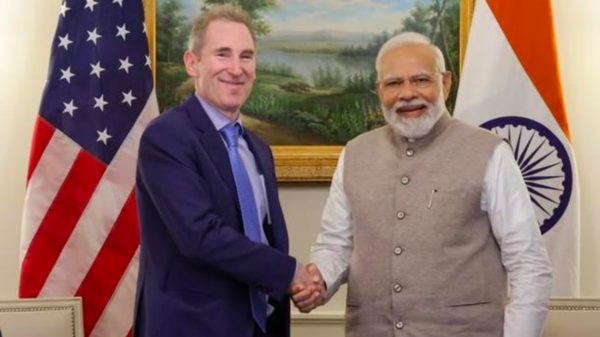
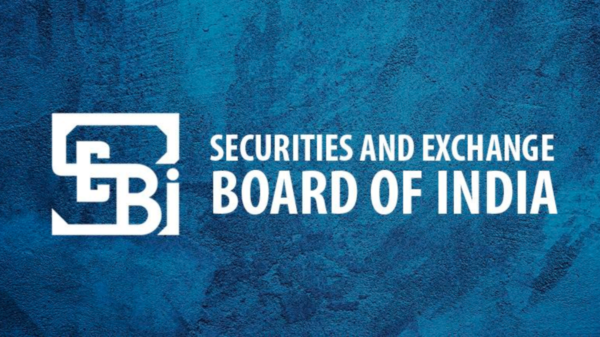

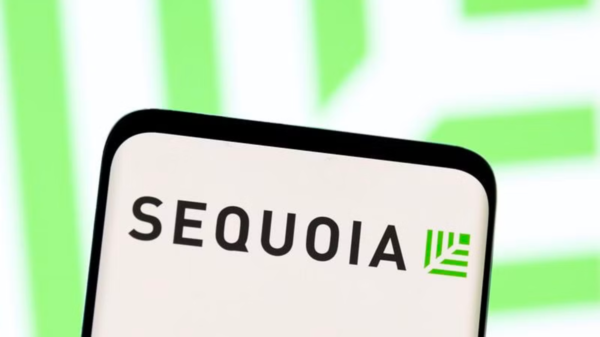
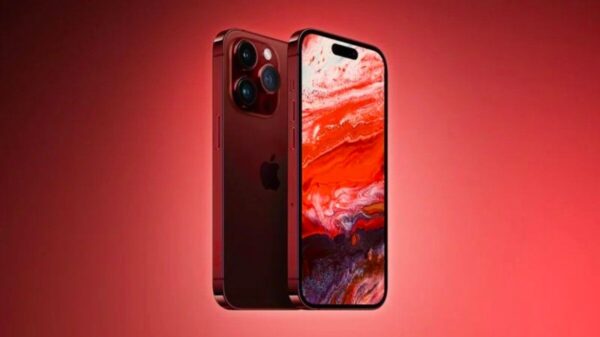
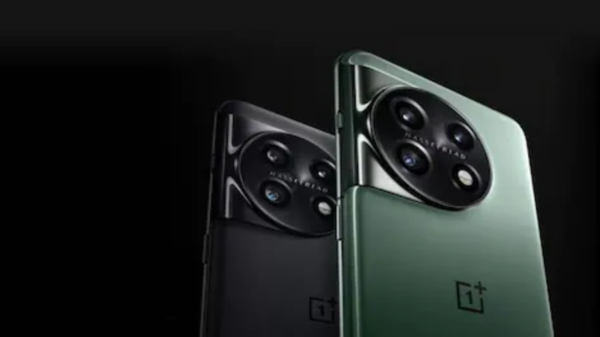







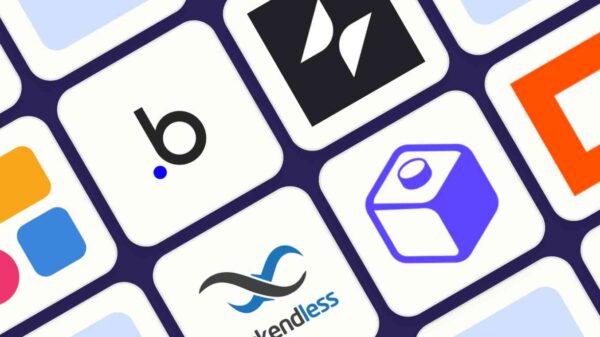
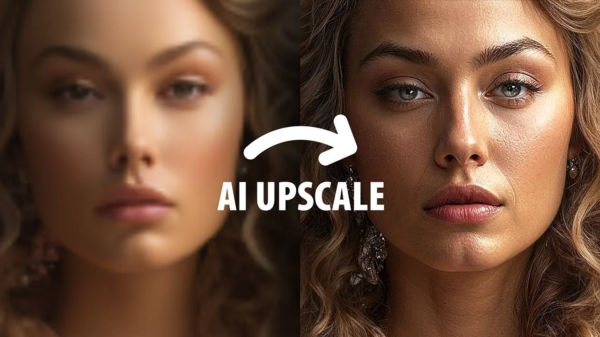
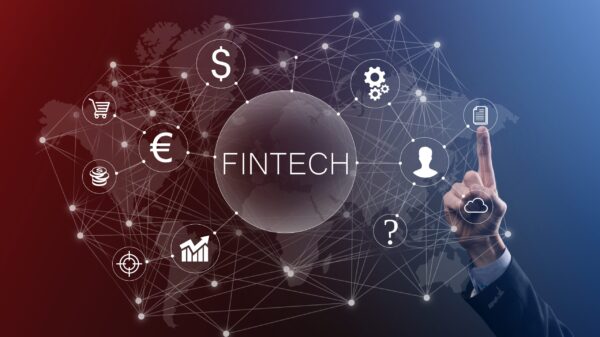
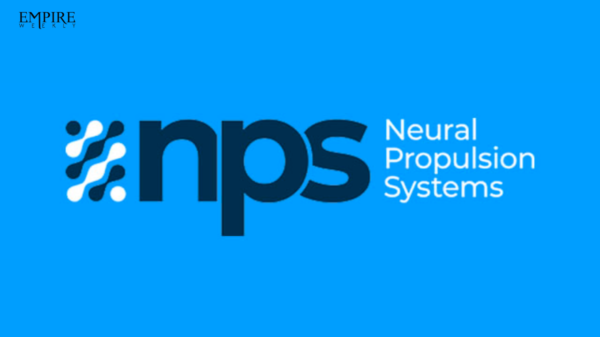



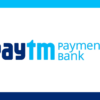



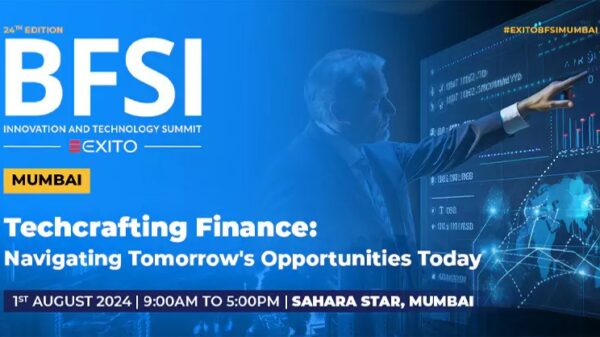



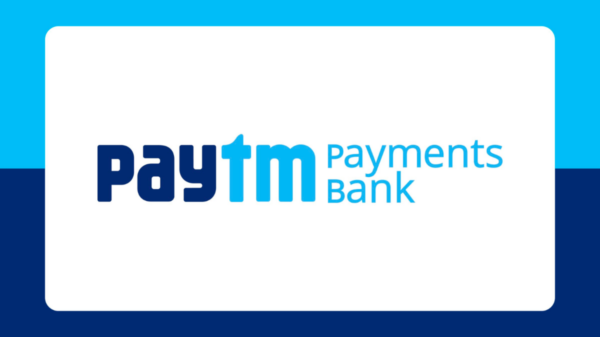
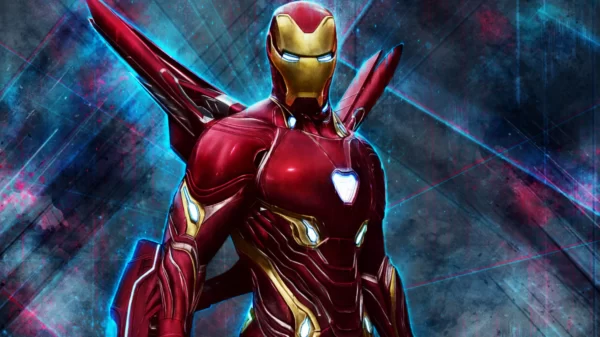
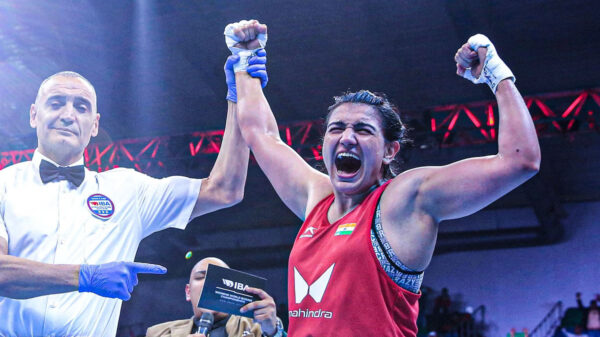
Pingback: Celebrities who are into Cryptocurrencies and own NFTs